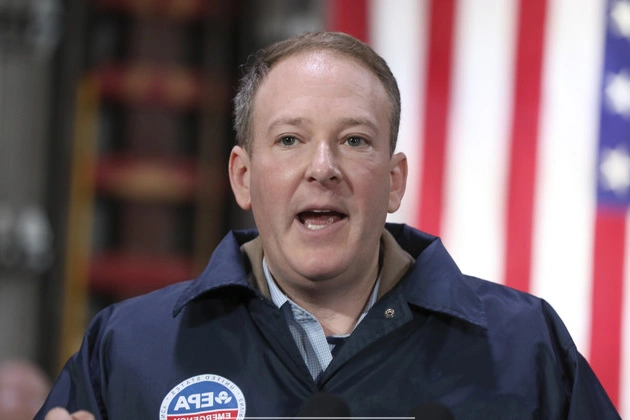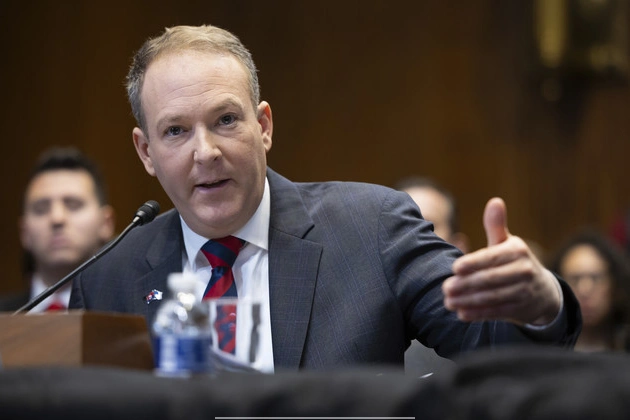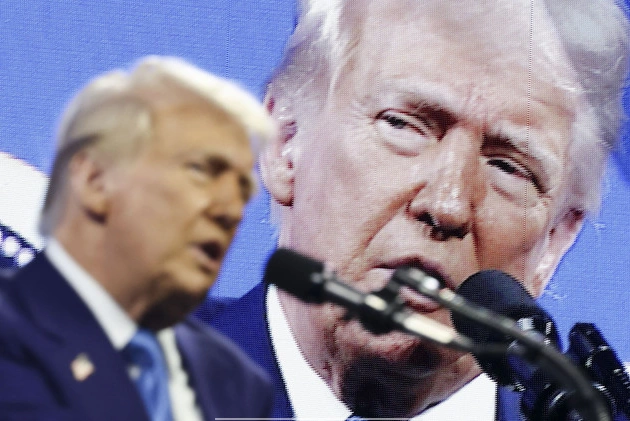
Tesla's Dependence on Climate Credits: Implications of Trump's Policies
Elon Musk has expressed concern about America’s regulatory environment, yet Tesla, his car company, owes a significant portion of its profits to government climate programs. Over the past decade, Tesla earned $10.7 billion from selling credits generated by these programs, comprising one-third of its total profits. The future of these programs is now uncertain under President-elect Donald Trump, raising questions about their impact on Tesla’s profitability.
The Role of Compliance Credits
Tesla’s revenue stream includes selling Electric Vehicles (EVs) and compliance credits obtained through government initiatives promoting low or zero-emission vehicles. These credits can be sold to other automakers to meet climate regulations, providing Tesla with additional income without extra production costs.
Challenges and Opportunities Ahead
While compliance credits have been lucrative for Tesla, potential changes in environmental policies could pose challenges. The Trump administration may target programs like the Zero-Emission Vehicle (ZEV) initiative in California, which has been instrumental in Tesla’s success.
Despite uncertainties, Tesla’s commitment to innovation, including autonomous vehicles and humanoid robots, remains a key focus. The company’s long-term strategy and ability to adapt to changing regulatory landscapes will determine its future success.
Conclusion
Tesla’s dependence on compliance credits underscores the intersection of environmental regulations and business profitability. As the company navigates potential policy shifts, its resilience and innovation will be critical in sustaining growth and leadership in the electric vehicle market.















